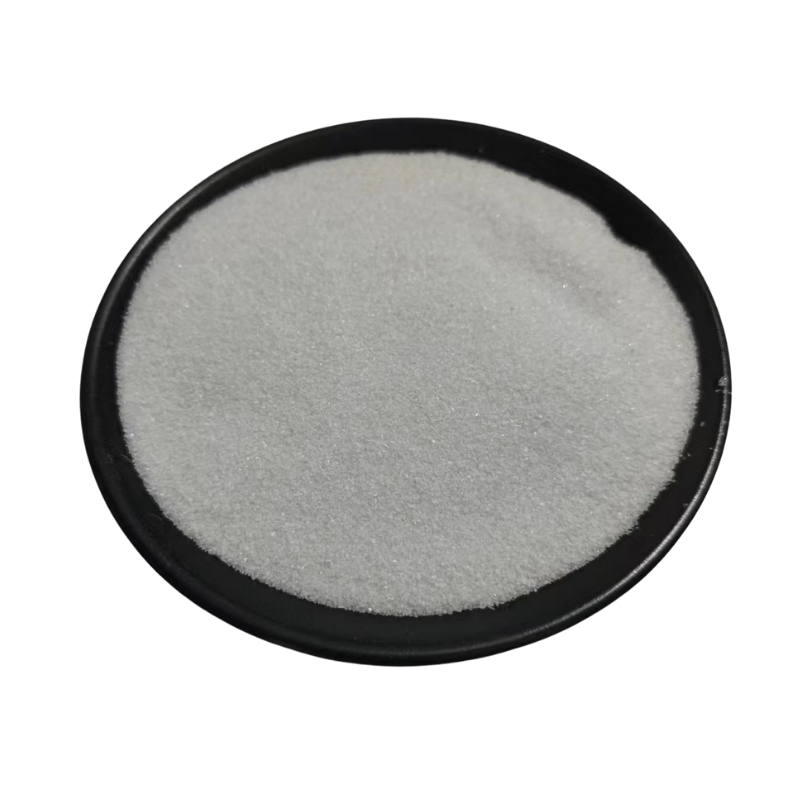
china zeolite crystal
The Wonders of China Zeolite Crystal Nature’s Versatile Mineral
Zeolites are a group of naturally occurring, porous minerals primarily composed of silicate and alumina, which possess unique structural properties. Among the numerous types of zeolites found around the world, China zeolite crystals stand out due to their outstanding features and diverse applications in various fields. These mineral wonders are not only significant for their industrial uses but also for their ecological benefits and contributions to scientific research.
The Formation and Characteristics of Zeolite Crystals
Zeolites are formed through the hydrothermal alteration of volcanic ash and tuff under specific temperature and pressure conditions. China is rich in volcanic regions, which provide ideal environments for zeolite formation. The most prevalent types of zeolites found in China include Clinoptilolite, Mordenite, and Chabazite. These zeolites exhibit a three-dimensional open framework structure, allowing them to trap ions and molecules within their cavities, thus showcasing their unique ion-exchange and adsorption properties.
The crystal structure of Chinese zeolites typically includes a high surface area and a network of interconnected pores, making them effective for performing various functions. The specific ion-exchange capacity and selectivity can vary depending on the type of zeolite and its inherent properties. Clinoptilolite, for instance, is renowned for its ability to selectively absorb ammonium ions, making it particularly valuable in agricultural and environmental applications.
Agricultural Applications
One of the most significant applications of China zeolite crystals lies in agriculture. Farmers have long recognized the benefits of zeolites as soil conditioners. By enhancing soil structure, increasing water retention capacity, and providing a reservoir of nutrients, zeolites contribute to improved crop yield and quality. The ability of zeolites to slowly release essential nutrients helps in reducing fertilizer runoff and minimizing environmental impact, thus supporting sustainable agricultural practices.
Furthermore, zeolites are used in animal husbandry to improve animal health and reduce odors in livestock farming. When incorporated into animal feed, zeolites can bind to harmful toxins, preventing them from being absorbed by the animals. This not only promotes better health and growth but also minimizes the environmental pollution associated with animal waste.
china zeolite crystal

Environmental Applications
China zeolite crystals also play a vital role in environmental remediation. Their ion-exchange properties make them effective in removing heavy metals and pollutants from water. In wastewater treatment, zeolites can be employed to capture ammonium and other nitrogen compounds, significantly improving water quality before it is discharged into natural bodies. Their ability to adsorb harmful substances aids in restoring ecosystems affected by industrial waste and agricultural runoff.
In addition, zeolites can act as catalysts in various chemical reactions. Their porous structure and large surface area facilitate reactions that can convert pollutants into less harmful substances. Research continues to explore their potential in addressing environmental challenges, especially in the context of sustainable development.
Industrial and Commercial Uses
The versatility of Chinese zeolite crystals extends beyond agricultural and environmental applications. In the industrial sector, zeolites are utilized in the manufacturing of detergents, catalysts, and molecular sieves. Their ability to selectively adsorb certain molecules makes them ideal for separating various chemical mixtures in petrochemical processes. Furthermore, zeolites are frequently used in the production of high-grade cement and concrete, contributing to the building industry’s efforts in enhancing the durability of structures.
The commercial potential of zeolites has driven further research into their applications. New products and formulations leveraging zeolite technology are constantly being developed, showcasing their adaptability and robustness in various markets, including health care, cosmetics, and food preservation.
Conclusion
The remarkable properties of China zeolite crystals underscore their significance as one of nature's most efficient and versatile minerals. From enhancing agricultural productivity to playing a crucial role in environmental protection and industrial processes, zeolites are integral to numerous fields. As researchers continue to explore their potential, it is clear that zeolites will remain a vital component in promoting a sustainable future, offering solutions to some of the world's most pressing challenges. The future of China zeolite crystals is bright, inviting innovation and creativity in their application for the betterment of society and the environment.
Share
-
Premium Pine Bark Mulch: Nuggets & Shredded StylesNewsAug.06,2025
-
Premium Kaolin Powder | High-Purity Mineral SolutionNewsAug.05,2025
-
Premium Glass Sand Solutions | High Purity SupplyNewsAug.03,2025
-
Natural Premium Bentonite Cat Litter - Superior ClumpingNewsJul.31,2025
-
Premium Resin Coated Sand - High Heat Resistance CastingNewsJul.31,2025
-
High Quality Silicon Carbide Grit for Abrasive ApplicationsNewsJul.30,2025






